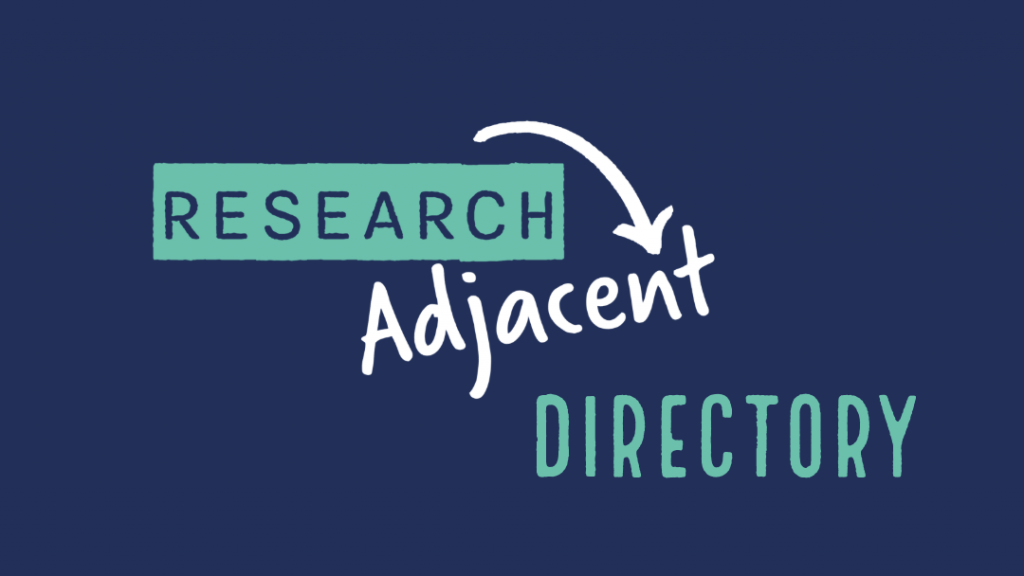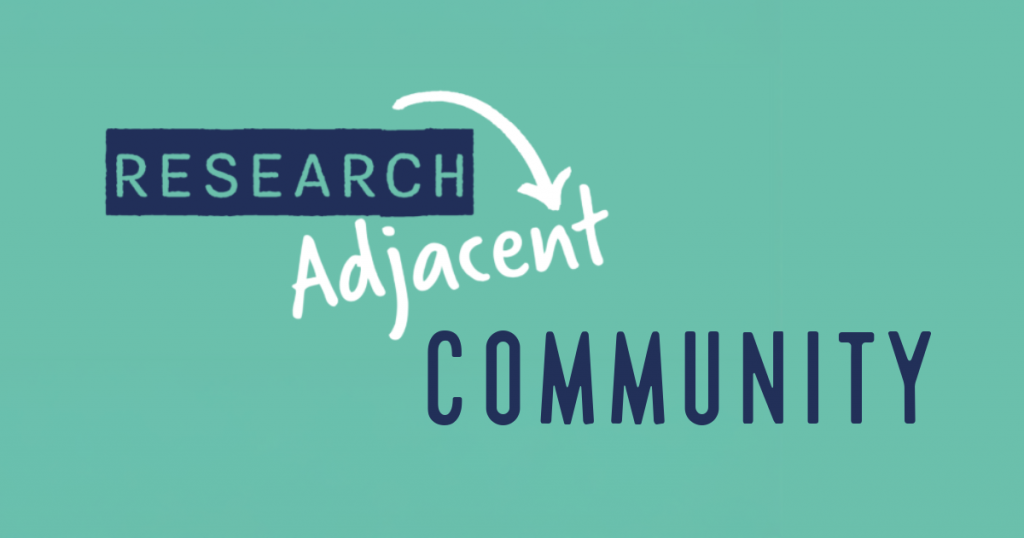So you’ve decided you want to work with a consultant, freelancer or small business to get your project done to perfection – what now? Here are some tips to help you get the most out of the relationship.
1. Engage them early
Start talking to potential contractors as soon as you have an idea. There are all kinds of good reasons for this. Firstly, it always takes longer than you think it will to sort out all the paperwork, especially if you have to go out to tender. And if you wait too long you might find that your ideal specialist is booked up or, as discussed in here, you might have to pay a premium for a rush job.
If you are putting together a funding proposal then talk to some suppliers BEFORE you submit the bid so they can provide realistic budgets and timescales. Freelancers will always be happy to have a chat and provide a quote – even if the contract doesn’t go ahead or the application is unsuccessful. There’s always next time.
2. Don’t expect lots of work upfront
It’s absolutely fine to ask for an initial meeting, a quote or proposal, examples of previous work etc. That’s all part of the job. But freelancers do start to get a bit twitchy if potential clients ask for original work, very lengthy proposals, lots of meetings, or time-consuming training without some kind of agreement in place. And remember that you might be paid for attending meetings, but they are probably not.
3. Do the paperwork ASAP
There will be paperwork – supplier registration forms, purchase orders, contracts, insurance. There is no way to avoid it. Although contractors have a good sense of the likely paperwork, every organisation is different. Most payment issues (see point no 5) are due to a problem with the paperwork. Don’t wait until an invoice comes in to find out what the process it. Get it started as soon as possible, ideally before you start to work together.
4. Pay them appropriately
This is such a minefield that there is a whole separate page on it. Freelancers seem to cost more than employees because they have less job security, rarely do paid work every single day, and have all kinds of other expenses to factor in. Unless it’s a long term contract, if you are paying less than £300 a day you are probably, in reality, paying less than minimum wage.
5. Pay them on time
Imagine if pay-day came round and your salary didn’t land in your bank account. Then you had to keep pestering your boss until you finally got paid. That is an everyday reality for freelancers. It is expected and planned for to some degree. But it’s not unusual to be chasing payment 2 or even 3 months after the work was completed. They don’t like chasing any more than you like being chased. The easy solution is just to do the paperwork (the usual problem) and pay people on time.
6. Don’t micromanage
Hiring a freelancer isn’t like hiring an employee. They are a highly-skilled professional who excels at working independently. The more time spent replying to emails, providing updates or attending meetings, the less time they have to actually work on your project. Provide all the necessary information and a deadline and let them do their magic.
7. Respect their boundaries
Independent contractors are usually working for a number of clients, and with multiple deadlines, at any one time. And, just like anyone else, they also have lives outside of work, caring responsibilities and even hobbies. That might mean they can’t attend meetings at short notice. It might mean you don’t get instant replies to emails. It might mean they have to push back on work that creeps beyond the original timescale of the contract.
8. If they have done a good job, tell people
Freelancers get most of their work through repeat clients, referrals and recommendations, so if you are pleased with the work please tell colleagues, write reviews or testimonials, or just send a nice message. It is all so very much appreciated!




